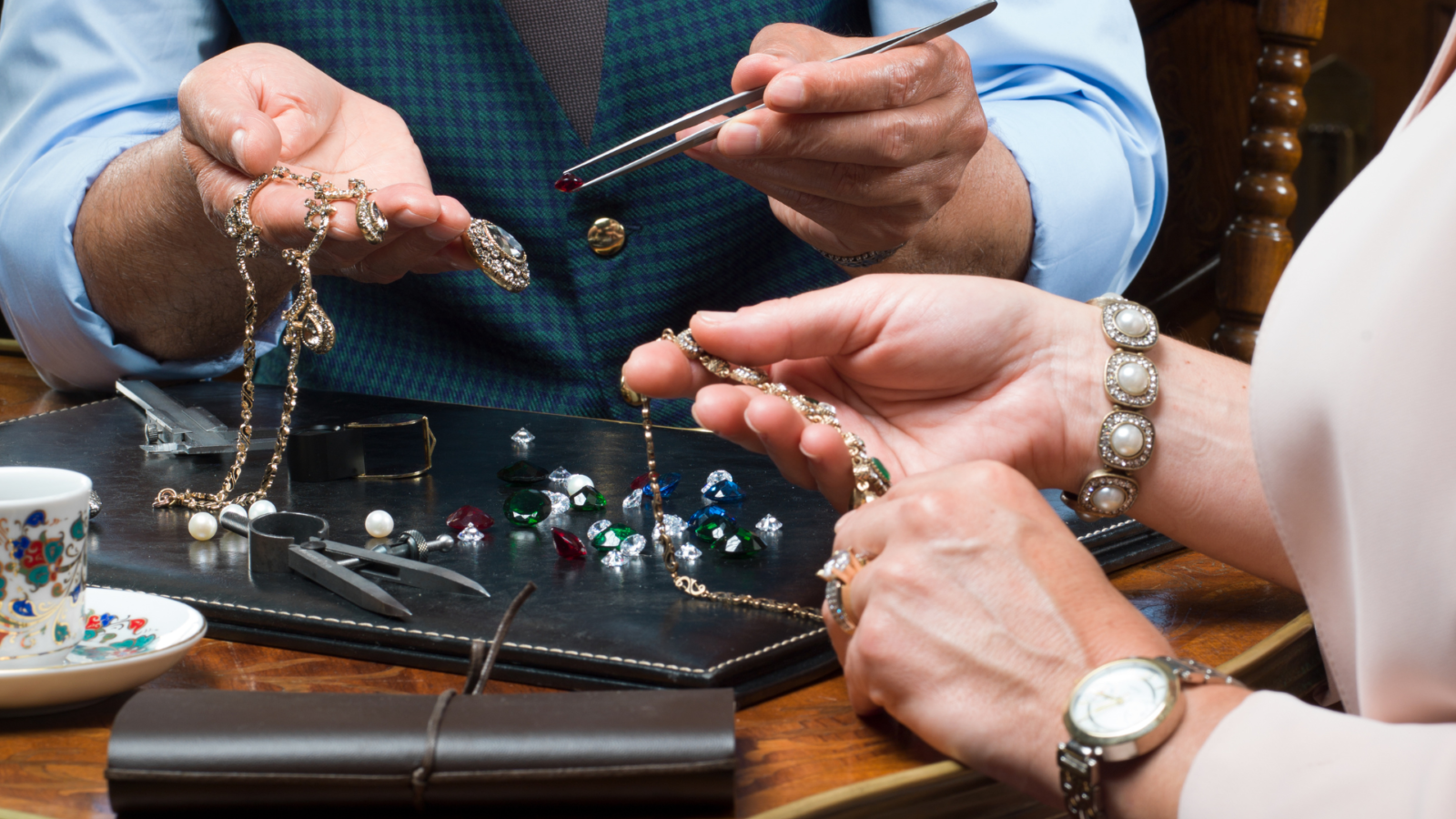
Pawn shops provide a unique and accessible way for consumers to obtain cash by leveraging their personal property. Whether you’re considering pawning an item or simply curious about the process, this guide will walk you through the essentials of pawn transactions, purchase transactions, and the benefits of using pawn shops.
Traditional Pawn Transactions
In a traditional pawn transaction, the pawnbroker appraises your item and tells you its value. The pawnbroker then keeps the item as collateral, storing it safely and insuring it until you decide to redeem it. You have the choice to either reclaim your item by repaying the loan amount with interest or leave it with the pawnbroker.
Purchase Transactions
Purchase transactions differ from traditional pawns. Here, the pawnbroker buys your items outright, without any collateral agreement. This means you receive cash immediately but typically less than you would in a pawn transaction.
How Do Pawns Work?
Most states regulate both traditional pawn and purchase transactions, with some local governments also setting additional terms and conditions. Here are the common features of regulated pawn transactions:
- Appraisal and Offer: You bring one or more items to the pawn shop. The pawnbroker assesses them and offers you a cash amount.
- Identification: The pawnbroker records your identification details.
- Pawn Ticket: The pawnbroker issues a receipt, known as a “pawn ticket,” detailing the items, the loan amount, and any applicable charges. This ticket often includes a photo of the items.
- Disclosure Statements: The ticket contains a federal Truth-in-Lending disclosure statement. If you are an active-duty service member or a military dependent, additional disclosures under the Military Lending Act will be provided.
- Repayment Terms: The ticket outlines how much you need to repay to reclaim your items, including the due date.



Why Do Consumers Use Pawnbrokers’ Services?
Pawnbrokers offer two primary ways to get cash based on the value of your personal property: traditional pawn transactions and outright purchase transactions. Here’s why consumers prefer pawns for their cash needs:
- Convenience: Pawn shops provide a fast and easy way to obtain cash.
- Accessibility: They are often located close to home or work and have more flexible hours compared to banks or credit unions.
- Credit Impact: Pawn transactions do not affect your credit rating. Pawn shops neither check your credit report nor report your transaction history.
- Non-Recourse: Pawnbrokers cannot pursue you for repayment. If you choose not to redeem your item, it simply becomes the pawnbroker’s property.
What Happens at the End of the Pawn Period?
When the period stated on the pawn ticket ends, you have the choice to reclaim your item or leave it with the pawnbroker:
- Reclaiming Your Item: Return to the pawn shop with your pawn ticket and repay the loan amount plus accrued charges.
- Leaving Your Item: If you decide not to pick up your item, it becomes the property of the pawnbroker.
How Are Pawn Transactions Different from “Buy-Sell” Transactions?
Unlike traditional pawnbrokers, “buy-sell” transactions involve selling your property with the promise that you can repurchase it at a set price and time. This is not a service typically offered by traditional pawn shops.
Frequently Asked Questions
- Redemption Period: Any time before the final date on the pawn ticket, you can return to the pawn shop, present your ticket, and pay the charges to retrieve your pawned items.
By understanding these key aspects of pawn shop operations, you can make informed decisions when considering pawning or selling your items. Pawn shops offer a valuable service for those in need of quick cash without affecting their credit, providing a practical solution for many financial situations.
